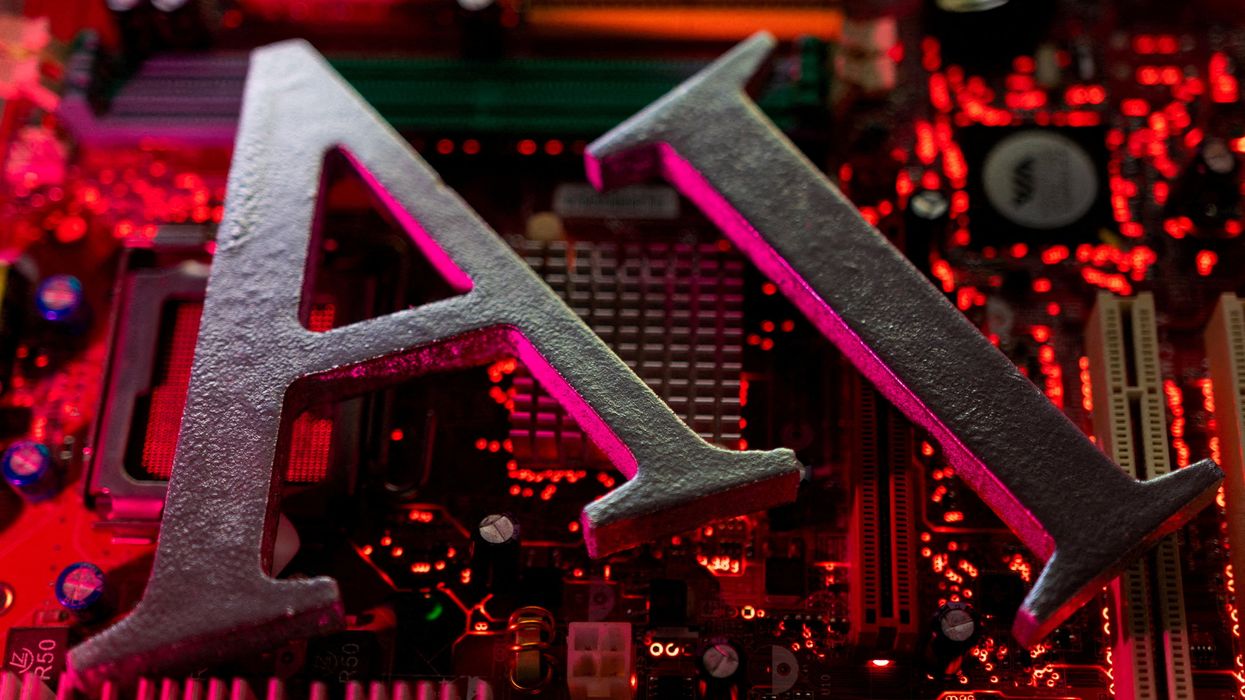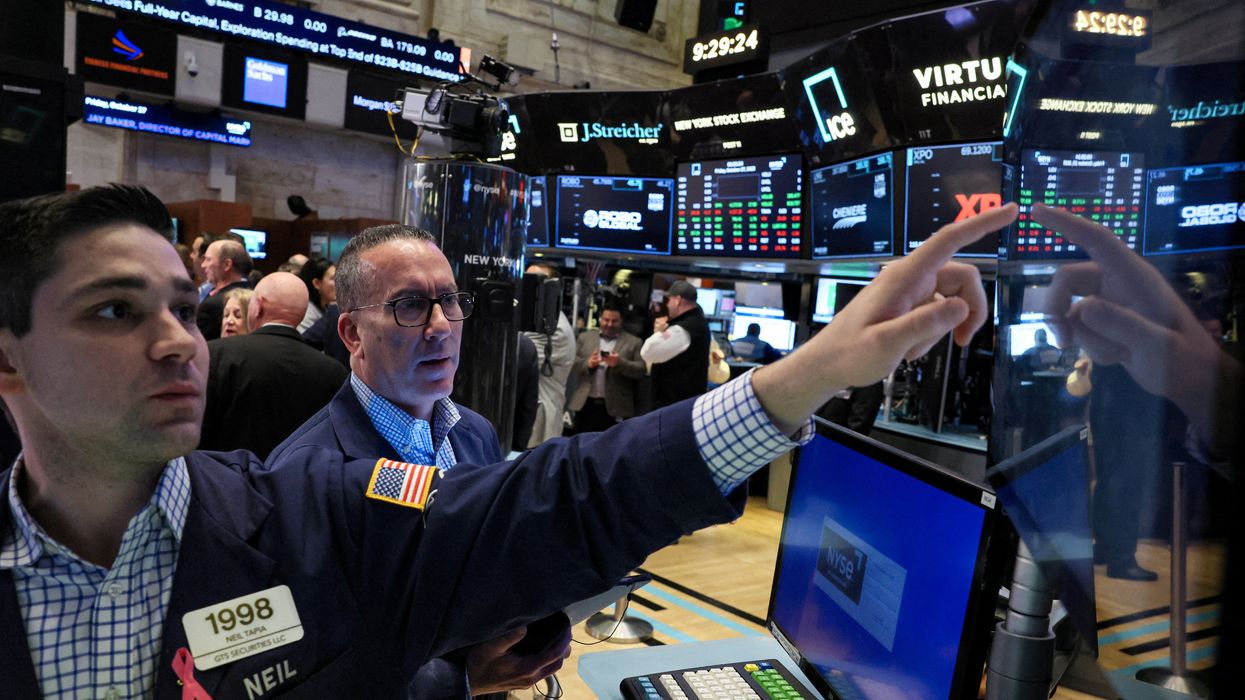GZERO AI
EU AI regulation efforts hit a snag
Europe has spent two years trying to adopt comprehensive AI regulation. The AI Act, first introduced by the European Commission in 2021, aspires to regulate AI models based on different categories of risk.
Nov 28, 2023


